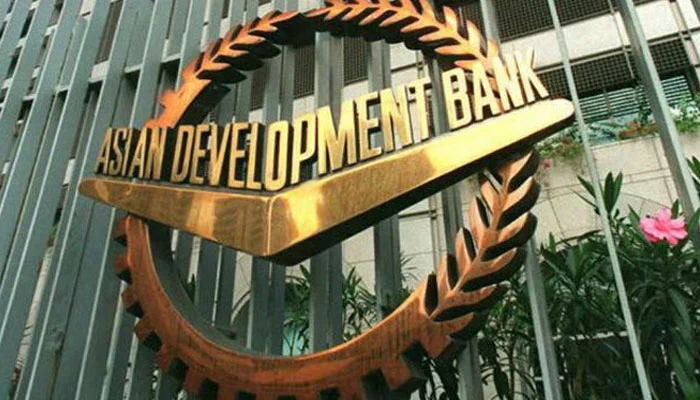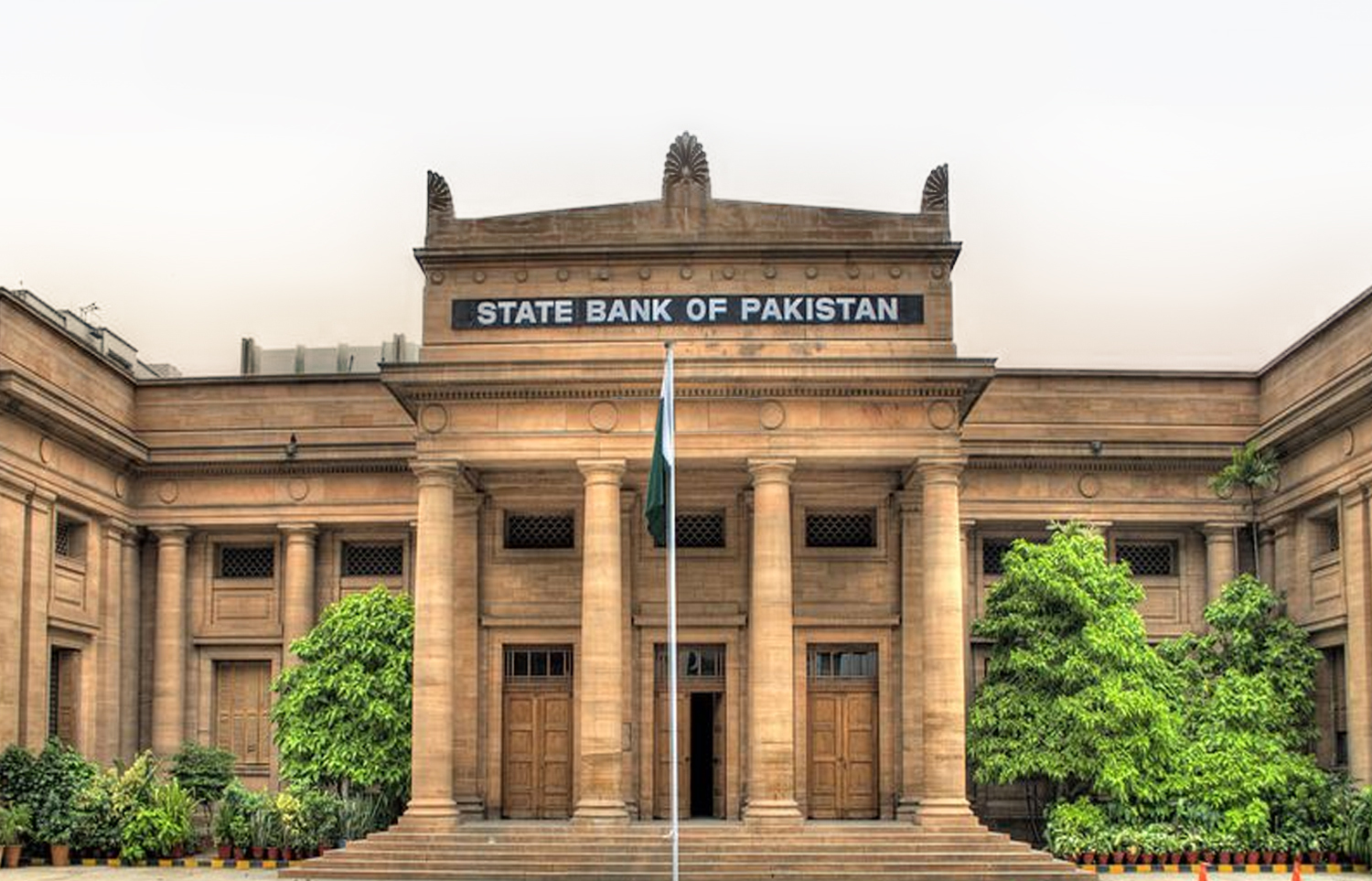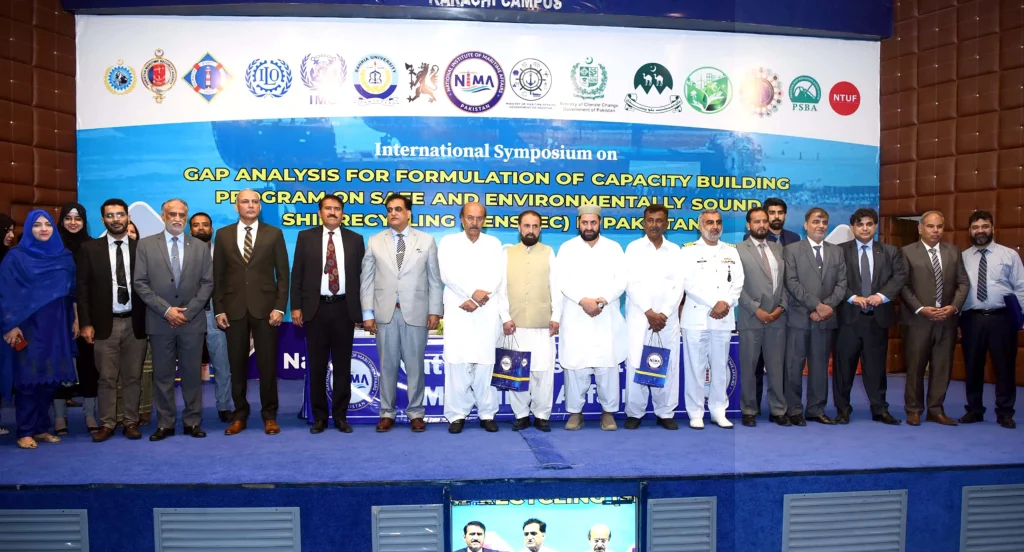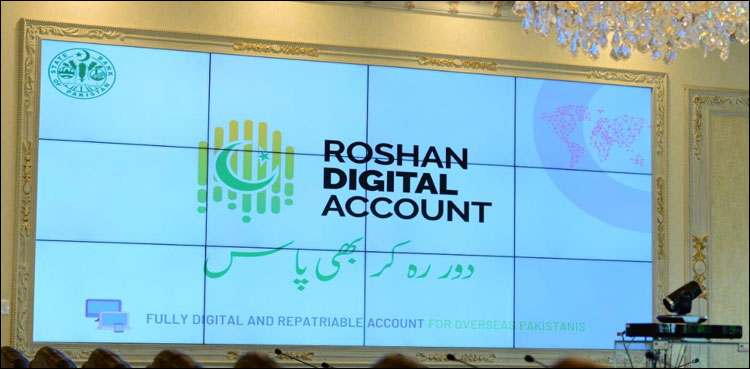INCHEON: In a major development, the Asian Development Bank (ADB) expressed commitment to help build the much-needed climate-resilient infrastructure for Pakistan — which faced over $30 billion in losses after the devastating floods caused by heavy rains last year.
It will be a great assistance by one of the world’s top financial institutions to the cash-strapped nation that is still struggling to strengthen its economy which suffered a serious blow caused by economic slowdown during the deadly Coronavirus, worldwide shortage of petroleum products and food inflation after the Russia-Ukraine war, and devaluation of Pakistani currency against the dollar.
With an objective of improved preparedness, the bank would help Pakistan in “strengthening infrastructure in such a way that if similar floods take place in future that infrastructure is strong enough to stand there,” Director General of Central and West Asia Department Yevgeniy Zhukov said while talking to APP on the sidelines of ADB’s 56th annual Board of Governors meeting that concluded last week in South Korean city – Incheon.
He said a lot of work was being done in the flood-emergency-related assistance adding that the focus would not only be on repairing the damages caused by last year’s floods but also on making the structures flood-resilient.
Seconding Zhukov’s damage-mitigation strategy, Country Director Pakistan Resident Mission Yong Ye told the news agency that some temporary structures would be in place hopefully this year before the possible flood in summer. He said there would be some protections “before the flood comes and the infrastructure is made climate-resilient.”
He said some of the existing infrastructure was damaged during last year’s floods; however, these had been restored with the ADB’s prompt support.
Seeing the wide-scale destruction and the loss of billions of dollars to the Pakistani economy, foreign experts and donor agencies described it as one of the top countries facing severe impacts of climate change.
In future, Yong said the bank looked at a much more comprehensive approach and was carrying out an upstream assessment of each factor of climate resilience/disaster resilience and analytical work to devise a strategy and an open institutional set-up for ‘quickening the measures.’
Yong said the ADB had also established its national disaster risk management funds under which it would provide the community flood protection structure.
As Asia and the Pacific’s climate bank, the ADB aims to deliver $100 billion in climate financing from 2019 to 2030.
Last week during the annual moot, the ADB launched the Innovative Finance Facility for Climate in Asia and the Pacific (IF-CAP), which would use guarantees from partners as leverage to accelerate billions of dollars in the much-needed climate investment. The facility would be effective from early 2024.
The finance facility would also be applicable to Pakistan not only for designing new projects but also preparing a strategy to effectively counter the negative impacts of climate change. This facility could be used to channelize the funding.
This year, the ADB conference was held at a time when Pakistan recently witnessed massive floods caused by torrential rains, inflicting losses of over $30 billion to the national economy that created issues of food security, damaged infrastructure, washed away livestock and collapsed houses.
Weather experts have forecast another spell of heavy downpours in parts of the country this season, which could lead to further devastation of the already calamity-hit nation.

 Latest News2 days ago
Latest News2 days ago
 Latest News2 days ago
Latest News2 days ago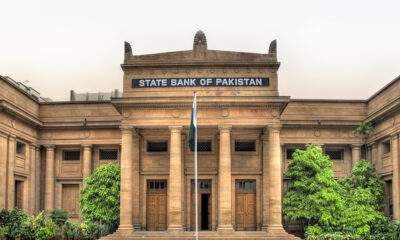
 Business2 days ago
Business2 days ago
 Latest News3 days ago
Latest News3 days ago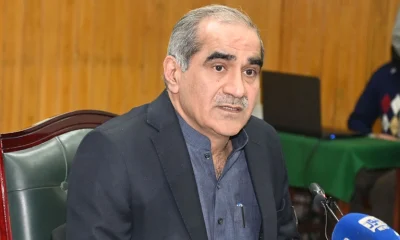
 Latest News2 days ago
Latest News2 days ago
 Latest News2 days ago
Latest News2 days ago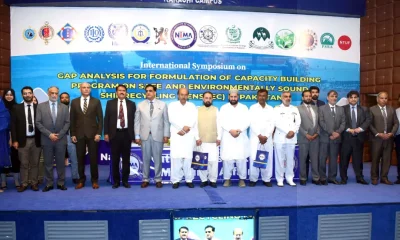
 Business2 days ago
Business2 days ago
 Latest News2 days ago
Latest News2 days ago
